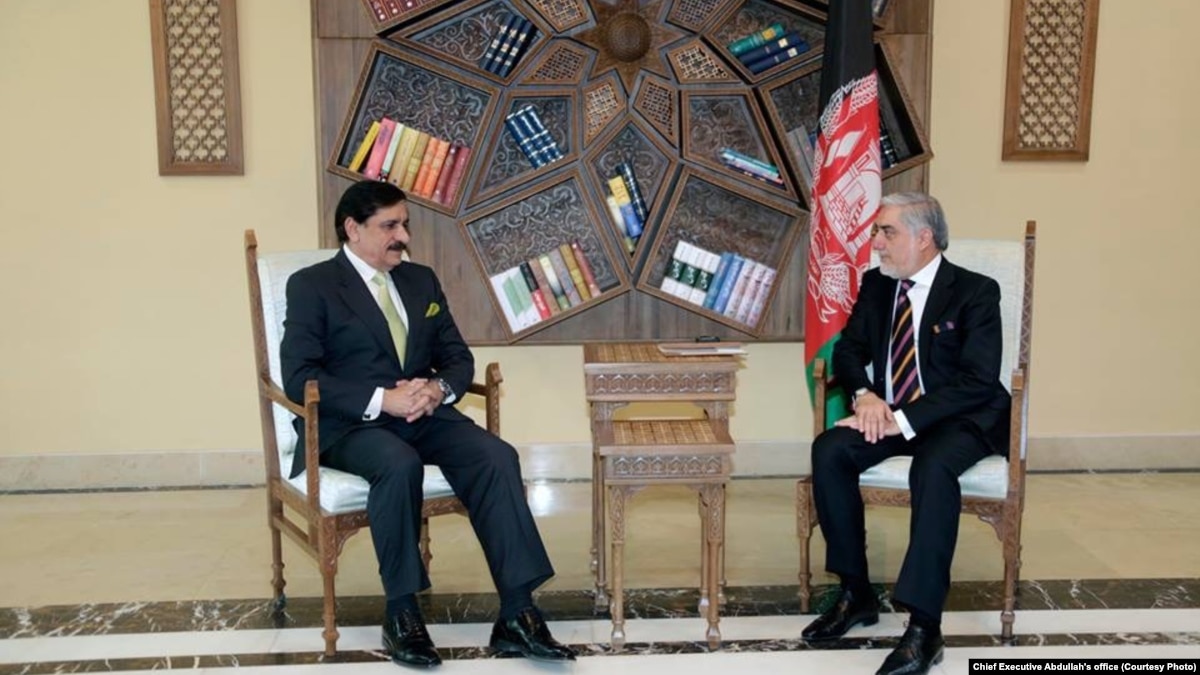
A high-level Afghan delegation visited neighboring Pakistan Sunday and discussed security as well as counterterrorism cooperation.
The national security adviser of Afghanistan, Haneef Atmar, led a team of top security officials, including the country’s interior minister and the intelligence agency chief, in meetings with Pakistani civilian and military leaders.
The visitors met with Pakistani National Security Adviser Nasser Janjua before holding crucial talks with the country's military chief General Qamar Javed Bajwa.
The Pakistan army's media wing in a statement issued after the meeting said the talks focused on the operationalization of the recently concluded Afghanistan-Pakistan Action Plan for Peace and Stability or APAPPS.
The two sides agreed to undertake measures that would assist Pakistan and Afghanistan in reducing violence at the hands of terrorists, it added.
“We must begin with the trust that neither covets an inch of the others territory nor is letting its land being used against the other. Suspicions will only fuel negativity and facilitate detractors,” the statement quoted General Bajwa as telling the Afghan delegation.
Mutual allegations of supporting militant attacks against each other have long dogged relations between Afghanistan and Pakistan.
The army statement quoted the head of the Afghan delegation as saying that his country has "very positive expectations" from Pakistan and with mutual help, “we can allay each other’s concerns and apply our energies to bring about enduring peace and stability.”
Gen. Bajwa also accepted an invitation the Afghan delegation extended on behalf of President Ashraf Ghani to visit Kabul, the statement noted but mentioned no dates.
Frequent high-level interactions between the two countries in recent weeks, say officials in both the countries, have helped ease mutual tensions.
Afghan and American officials allege the Taliban insurgency uses sanctuaries on Pakistani soil for attacks against local and U.S.-led international forces in Afghanistan.
Islamabad rejects the charges and in turn maintains anti-state militants and loyalists of Islamic State sheltering in "ungoverned spaces" on the Afghan side of the border plot terrorist attacks against Pakistan from there.
The nearly 2,600 kilometer border between Pakistan and Afghanistan is largely porous, though Pakistani officials say recently security has been beefed up and a robust fence is being constructed to deter terrorist infiltration in either direction.

No comments:
Post a Comment